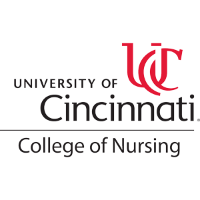Why earn a degree in healthcare?
Healthcare is a field unlike any other. From residency trained MDs and advanced practice nurses to medical assistants and other support staff, healthcare provides the chance to do important work as part of an interdisciplinary team of dedicated professionals. And there are opportunities at every level. From 2019 to 2029, the industry as a whole is slated for 15% job growth, bringing an estimated 2.4 million new healthcare professionals into the workforce over that ten-year period. Will you be one of them? (U.S. Bureau of Labor Statistics; May 2019. Projections based on national data, not school-specific information. Conditions in your area may vary. Data accessed 2020.)





